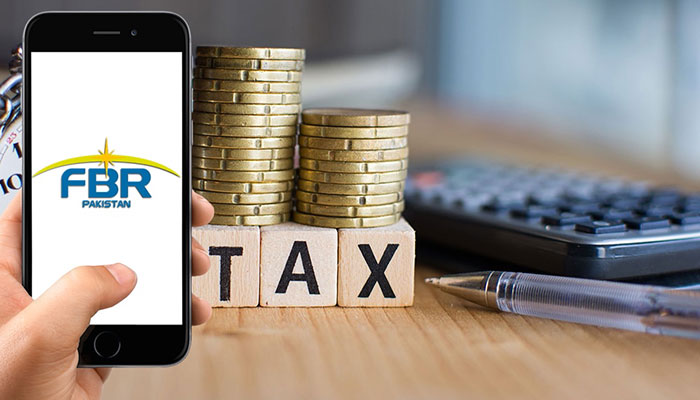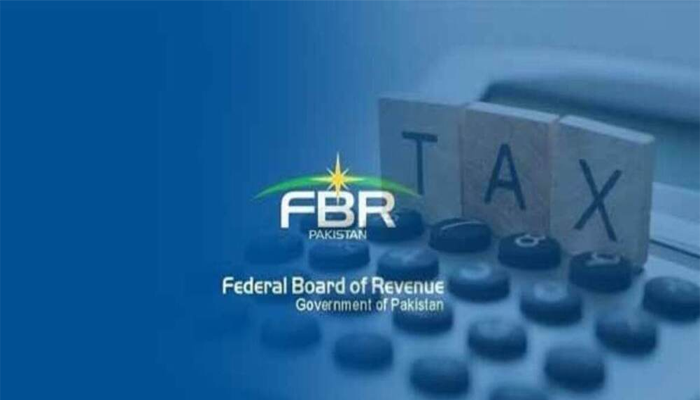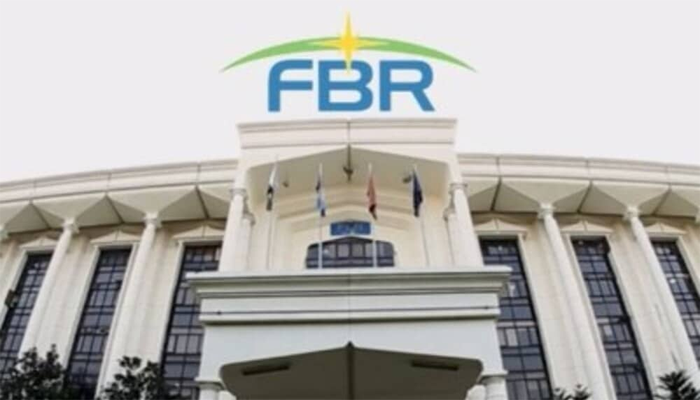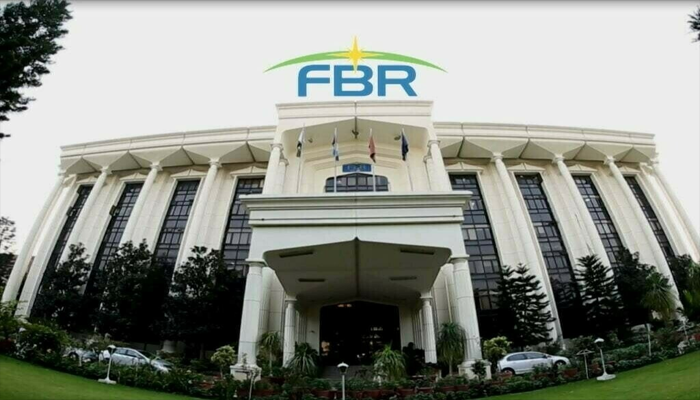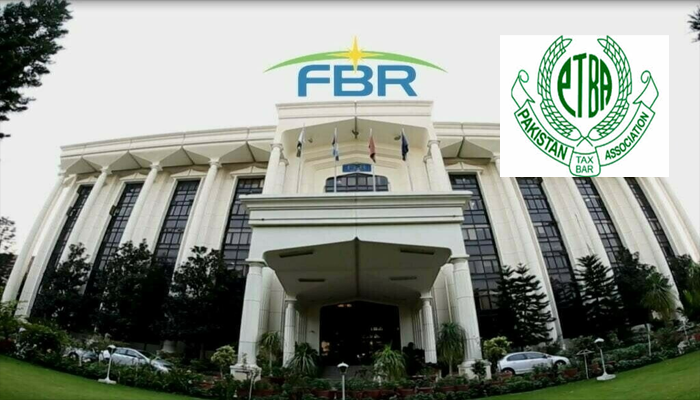ISLAMABAD: Pakistan’s salaried class has paid a record-breaking Rs391 billion in income tax during the first nine months of the current fiscal year, highlighting what experts are calling a “disproportionate and discriminatory” taxation system. This figure marks a significant increase from last year’s total of Rs368 billion over 12 months.
According to provisional estimates compiled by the Federal Board of Revenue (FBR), salaried individuals now account for nearly 10% of Pakistan’s total income tax collection — a sharp rise from 7.5% in the previous fiscal year. In comparison, retailers, a largely untaxed and politically protected segment, contributed a mere Rs26 billion.
The FBR collected a total of Rs4.1 trillion in income tax during July–March FY2024-25. Of this, salaried individuals — who are taxed on gross income without deductions — contributed Rs391 billion. This 56% year-on-year increase has already surpassed the government’s full-year target of Rs75 billion in additional taxes from salaried workers, with three months of the fiscal year still remaining.
In stark contrast, retailers paid only 60 paisa in taxes for every Rs10 collected from salaried individuals. Wholesalers and distributors paid just Rs17.5 billion in withholding tax, and nearly half of them remain unregistered with the FBR.
Despite the burden, government talks with the International Monetary Fund (IMF) did not raise the issue of tax relief for salaried individuals. “We are considering alternate options to reduce the burden of the salaried class without compromising progressivity in taxation,” said FBR spokesperson Dr. Najeeb Memon.
The IMF team is scheduled to arrive on May 14 to review Pakistan’s fiscal framework ahead of the June 4 budget. Sources indicate that the sharp rise in salaried class tax contributions could deter any significant rate cuts, given the revenue implications.
The government had hoped a 2.5% withholding tax on traders would broaden the tax base, but most retailers passed the cost onto consumers. The effort raised an additional Rs13.3 billion — far short of expectations.
Moreover, last June’s tax reforms reduced the number of income slabs, hitting middle and upper-middle-income earners hard. Salaried individuals earning Rs443,000 or more monthly now face a tax rate of 38.5%, including a 10% surcharge.
Breakdowns show that non-corporate sector employees paid Rs166 billion, up 43%, while corporate sector employees contributed Rs117 billion, a 52% rise. Provincial government employees paid Rs69 billion (up 103%), and federal employees Rs39 billion (up 65%).
Despite these gains, the FBR is expected to fall short of its original Rs12.97 trillion annual tax target, recently revised to Rs12.3 trillion. Internal projections suggest actual collections may not exceed Rs11.7 trillion due to slower economic growth and inflation.
The growing tax disparity between salaried workers and informal sectors raises concerns over fairness and sustainability, as Pakistan prepares its next budget under IMF oversight.

